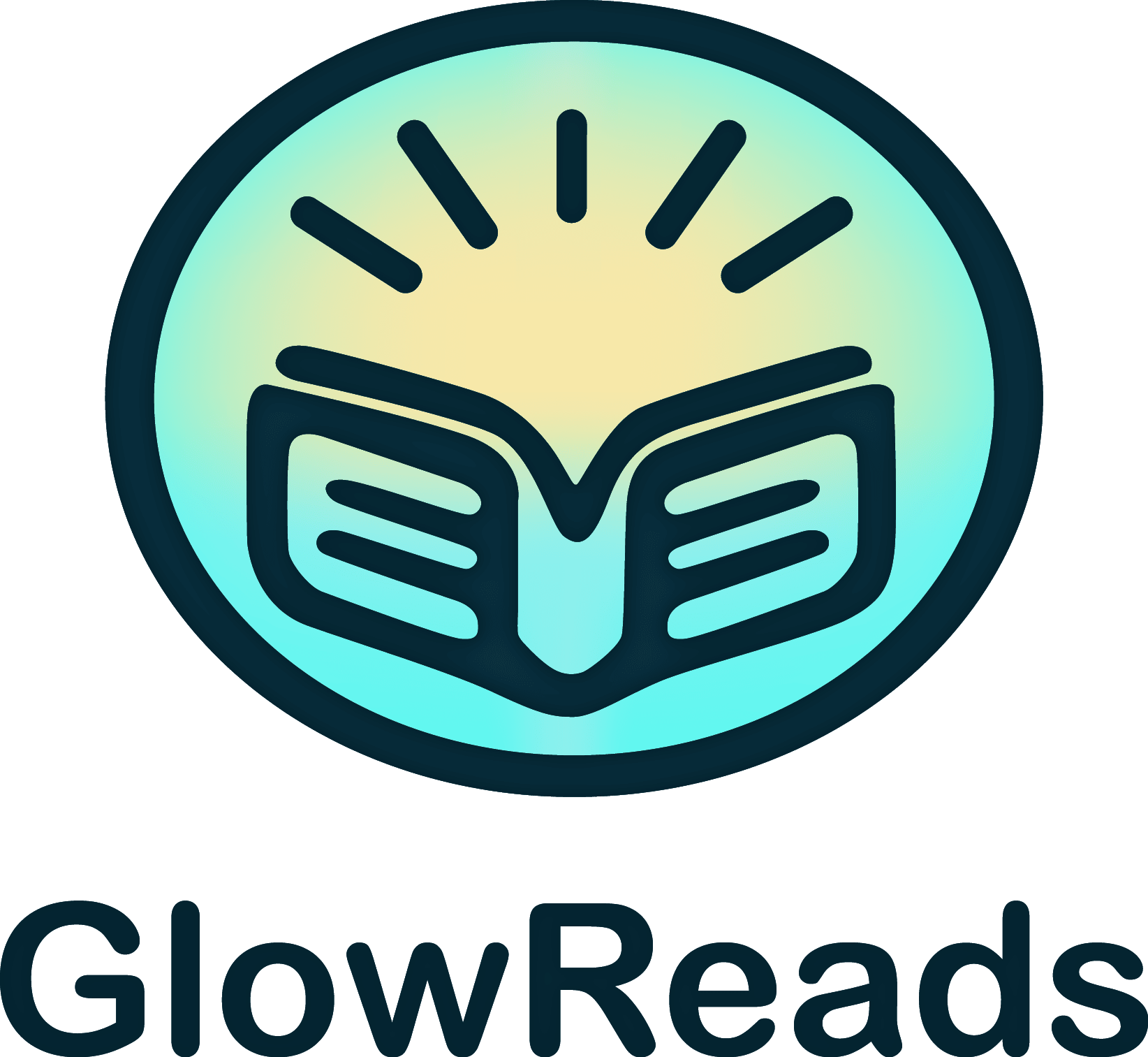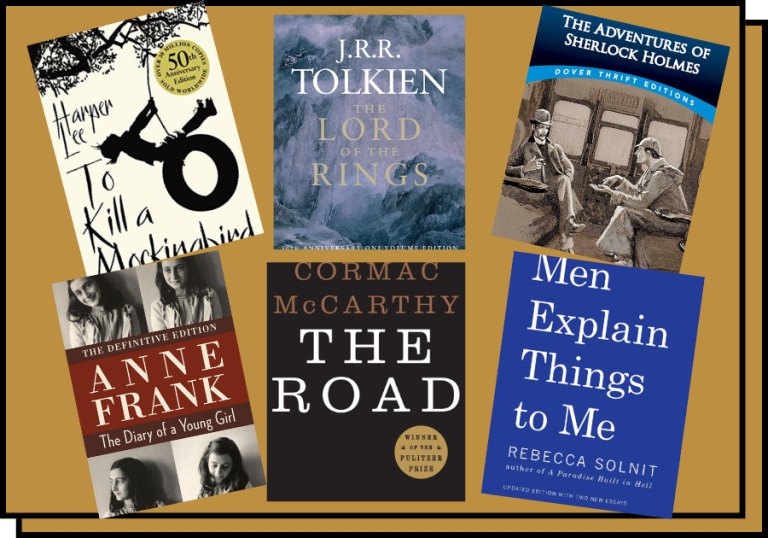Table of Contents
ToggleIntroduction to Computers and Internet Literature
Computers and internet literature encompasses a vast range of topics that explore the principles, technologies, and applications of computing and the internet. These books serve as essential resources for professionals, students, and enthusiasts, offering insights into programming, cybersecurity, networking, web development, and more. From foundational textbooks and practical guides to theoretical explorations and industry analyses, computers and internet literature provides a comprehensive understanding of the digital world and its impact on society. Whether you are looking to enhance your technical skills, understand emerging technologies, or explore the societal implications of digital innovation, computers and internet books offer valuable knowledge and practical guidance.
Key Topics in Computers & Internet Books
Computers and internet literature covers a wide array of topics that cater to different interests and professional needs. Key topics include programming languages, cybersecurity, networking, web development, data science, artificial intelligence, and internet culture. Programming books provide instruction on various languages such as Python, Java, and C++, offering both beginner and advanced insights into coding principles and best practices. Cybersecurity literature explores strategies for protecting digital assets and ensuring data privacy, addressing issues like encryption, threat detection, and ethical hacking. Networking books delve into the design and management of computer networks, covering topics like network protocols, infrastructure, and wireless communication. Web development literature examines the creation and maintenance of websites, focusing on languages like HTML, CSS, and JavaScript, as well as frameworks and tools for building dynamic web applications. Data science books explore techniques for analyzing and interpreting large datasets, including machine learning and statistical methods. Artificial intelligence literature provides insights into the development and application of intelligent systems, from basic concepts to advanced algorithms. Internet culture books analyze the social, cultural, and economic impacts of the internet, exploring topics like online communities, digital ethics, and the future of internet governance.
Top Books for Learning Computers and Internet Skills
Selecting the best books for learning computers and internet skills can be a rewarding endeavor, given the wealth of high-quality options available. For those interested in programming, “Python Crash Course” by Eric Matthes offers an accessible introduction to Python programming, with practical projects and exercises to reinforce learning. “The Pragmatic Programmer” by Andrew Hunt and David Thomas provides valuable insights into best practices and problem-solving techniques for software development. For cybersecurity enthusiasts, “The Cybersecurity Handbook” by Susan M. Thompson offers a comprehensive overview of key concepts and strategies for protecting digital assets. “Computer Networking: A Top-Down Approach” by James F. Kurose and Keith W. Ross is an essential resource for understanding network design and management. Web developers can benefit from “HTML and CSS: Design and Build Websites” by Jon Duckett, which offers a visually engaging and practical guide to web development. Data science enthusiasts might explore “Data Science from Scratch” by Joel Grus, which provides a hands-on introduction to data analysis and machine learning. These books, among others, provide valuable insights and practical skills, making them essential additions to any digital learner’s library.
How to Choose a Book on Computers & Internet
Choosing the right book on computers and internet depends on your specific interests and the level of expertise you seek. Start by identifying the topics that align with your goals—whether it’s learning a new programming language, understanding cybersecurity principles, or exploring data science techniques. Next, consider the level of complexity you are comfortable with. Some books are designed for beginners, providing an introduction to basic concepts, while others offer advanced analysis suitable for professionals and academics. Reading reviews and recommendations from trusted sources can also guide your decision, helping you gauge the book’s quality and relevance. Additionally, exploring award-winning books and those authored by industry experts can ensure you select works that are well-regarded in the field. Sampling a few pages or chapters can help you determine if the author’s style and approach resonate with you, making the learning experience more enjoyable and effective.
Book Reviews: Essential Reads in Tech
1. “Python Crash Course” by Eric Matthes: This book offers an accessible and comprehensive introduction to Python programming. Designed for beginners, it covers fundamental concepts and provides practical projects and exercises to reinforce learning. Matthes’s clear explanations and hands-on approach make it an ideal resource for those looking to quickly gain proficiency in Python.
2. “The Pragmatic Programmer” by Andrew Hunt and David Thomas: Widely regarded as a must-read for software developers, this book offers valuable insights into best practices and problem-solving techniques. Hunt and Thomas cover a wide range of topics, from coding techniques to project management, providing practical advice for improving your software development skills and mindset.
3. “The Cybersecurity Handbook” by Susan M. Thompson: This comprehensive guide covers key concepts and strategies for protecting digital assets and ensuring data privacy. Thompson addresses topics such as encryption, threat detection, and ethical hacking, offering practical advice for both beginners and experienced professionals in the field of cybersecurity.
4. “Computer Networking: A Top-Down Approach” by James F. Kurose and Keith W. Ross: This textbook provides an in-depth understanding of network design and management. Kurose and Ross adopt a top-down approach, starting with higher-level network services and protocols before delving into the underlying hardware and software. The book’s clear explanations and practical examples make it an essential resource for students and professionals alike.
5. “HTML and CSS: Design and Build Websites” by Jon Duckett: This visually engaging and practical guide offers a comprehensive introduction to web development. Duckett’s clear explanations and rich visual aids make learning HTML and CSS both accessible and enjoyable. The book is ideal for beginners looking to build a strong foundation in web design.
6. “Data Science from Scratch” by Joel Grus: This hands-on introduction to data analysis and machine learning provides readers with a practical understanding of data science techniques. Grus covers essential topics such as data manipulation, statistical methods, and machine learning algorithms, offering clear explanations and practical examples. The book is suitable for both beginners and those looking to deepen their data science knowledge.
Author Spotlights: Influential Tech Writers
1. Eric Matthes: Known for his approachable writing style and practical teaching methods, Matthes has made significant contributions to the field of programming education. His book “Python Crash Course” has become a popular choice for beginners looking to learn Python quickly and effectively. Matthes’s focus on hands-on learning and real-world applications has helped countless readers gain proficiency in programming.
2. Andrew Hunt and David Thomas: As experienced software developers and authors, Hunt and Thomas have written several influential books on software development practices. “The Pragmatic Programmer” is widely regarded as a foundational text in the field, offering timeless advice on coding, project management, and professional growth. Their pragmatic approach to software development has inspired and guided many developers in their careers.
3. Susan M. Thompson: An expert in cybersecurity, Thompson has authored several key texts that provide comprehensive insights into protecting digital assets and ensuring data privacy. Her clear explanations and practical advice have made her books essential resources for both beginners and seasoned professionals in the field of cybersecurity. Thompson’s contributions have helped raise awareness of cybersecurity issues and promote best practices in the industry.
4. James F. Kurose and Keith W. Ross: Renowned for their expertise in computer networking, Kurose and Ross have authored the widely-used textbook “Computer Networking: A Top-Down Approach.” Their clear explanations, practical examples, and structured approach have made their book a staple in computer science education. Their contributions to the field have helped countless students and professionals gain a deep understanding of network design and management.
5. Jon Duckett: Known for his visually engaging and practical approach to teaching web development, Duckett has authored several popular books on HTML, CSS, and JavaScript. His clear explanations and rich visual aids have made learning web development accessible and enjoyable for many readers. Duckett’s contributions have helped demystify web development and empower individuals to create their own websites.
6. Joel Grus: A data scientist and educator, Grus has authored “Data Science from Scratch,” a hands-on introduction to data analysis and machine learning. His practical approach and clear explanations have made the book a valuable resource for both beginners and those looking to deepen their data science knowledge. Grus’s contributions have helped readers understand and apply data science techniques in various contexts.
Reader’s Corner: Staying Updated with Tech Literature
1. Join a Tech Book Club: Engaging with others who share an interest in technology can enhance your reading experience. Tech book clubs offer opportunities for discussion, debate, and deeper understanding of the topics and trends in the field. Sharing insights and perspectives can enrich your comprehension and application of the concepts discussed in the books.
2. Attend Tech Conferences and Workshops: Many tech companies, professional organizations, and industry groups offer conferences, workshops, and seminars on various tech topics. Attending these events can provide valuable insights from experts, networking opportunities, and exposure to the latest developments in the field. They also offer a chance to engage with thought leaders and gain practical knowledge applicable to your tech interests.
3. Utilize Online Learning Platforms: Websites like Coursera, edX, and Udacity offer courses on a wide range of tech topics. These platforms provide structured learning experiences that can complement your reading. Online courses can help you delve deeper into specific areas of interest, offering practical skills and theoretical knowledge that enhance your understanding of the books you read.
4. Subscribe to Tech Journals and Magazines: Publications like Wired, MIT Technology Review, and Ars Technica offer articles, case studies, and analyses on current tech issues. Regularly reading these publications can keep you informed about the latest developments in the field and provide context for the concepts discussed in tech books.
5. Keep a Tech Journal: Documenting your thoughts and reflections as you read various tech texts can enhance your understanding and retention of the material. A tech journal allows you to track your progress, note important themes and arguments, and reflect on your personal reactions to the ideas. Keeping a journal can also serve as a personal record of your tech journey, helping you to see how your thoughts and insights evolve over time. By regularly writing in your journal, you can develop a more critical and analytical approach to reading, which will deepen your appreciation of the diverse perspectives and innovations in tech literature.



